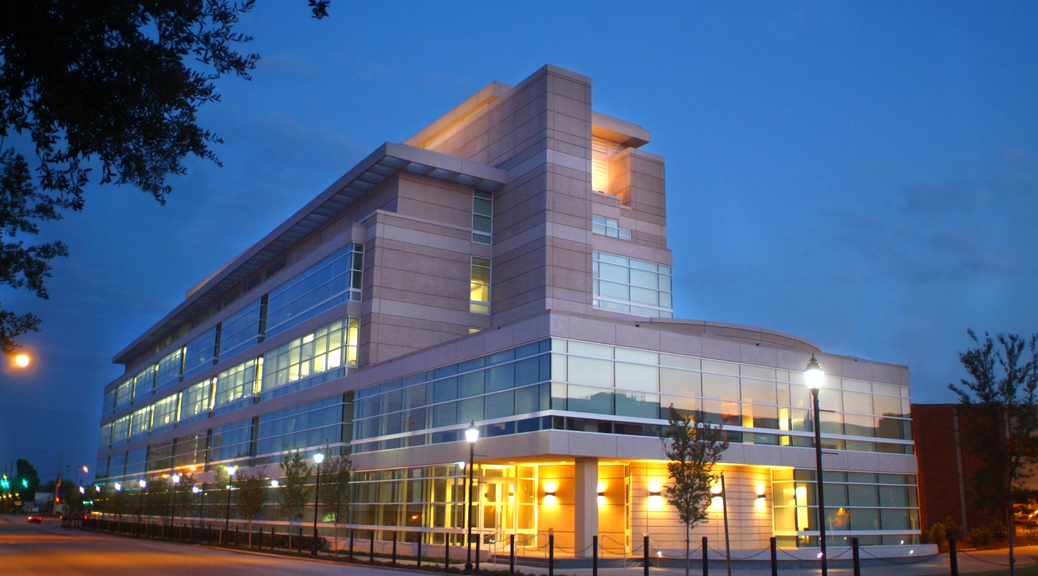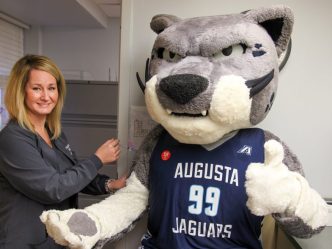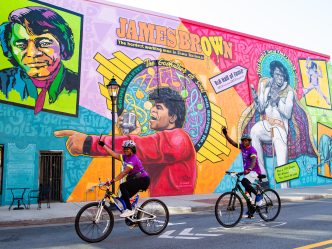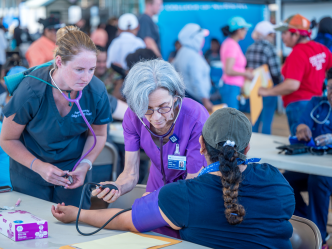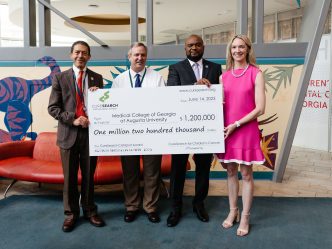Breast cancer, prostate cancer, lung cancer… three of the more common cancers diagnosed in the country. But even with all of those patients living in America, it would be tough to find people who aren’t feeling alone in the fight for their life. That’s why support groups and the help they offer can truly save lives.
“Doctors just do not have enough time to let a patient share every feeling they are having about their cancer diagnosis,” said Terry Leiden, facilitator for the Us Too prostate cancer support group. “But they know there are other people who share those same feelings and concerns who are members of a support group.”
Terry Leiden, a 22-year survivor of prostate cancer, has led the support group since 2010. He said it is a perfect place for newly diagnosed patients to get answers about treatment options and find out why fellow survivors chose their particular care plan.
“’What did you have? How about you? Which treatment did you choose? These are the kinds of questions I’d hear at any given meeting. These men looking for the best option with the least amount of side effects,” Leiden said.
Leiden was diagnosed with prostate cancer in 1995. He spent two months researching available treatment options after receiving the news. He says that’s one reason he likes inviting doctors to speak during the group’s meetings. But, he says it’s also important to just schedule time for the members to share how they’re doing.
“Doctors would come and make presentations and answers questions giving these men more of their time then they could during an office visit,” he said. “It’s important to be educational, but you also have to make sure you make time to get to know the guys who come to the meetings month after month.
Leiden channeled the stories he heard from other members into a book tying their battle with cancer into his desire to be healthy enough after his treatment to play senior softball. The book, titled Get Back in the Game is available on Amazon’s website or at your local bookstore.
“Being active, it could be with sports or other hobbies – any type of physical activity is an important part of any treatment plan,” Leiden said. “Obesity is a real problem with prostate cancer. It makes the detection about 25% harder. And the results are significantly different for obese individuals no matter the treatment they get.”
If you or someone you know are searching for answers after being diagnosed with prostate cancer, the Us Too support group meets every third Tuesday of the month at the Georgia Cancer Center Outpatient Services clinic in the First Floor Community Conference Room. If you’re interested in attending the meetings, you can call (706) 721-0472 or (706) 721-4109 for more information.
Learn more about other support groups offered at the Georgia Cancer Center.
 Augusta University
Augusta University
